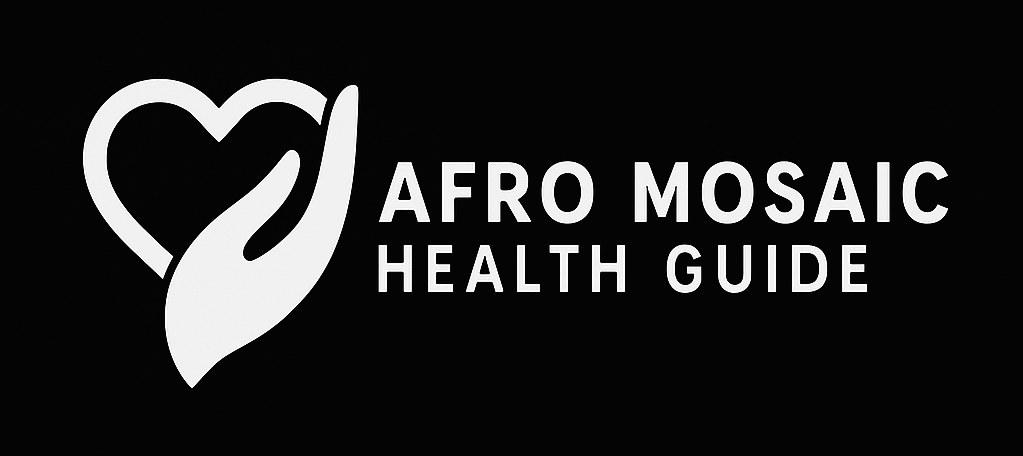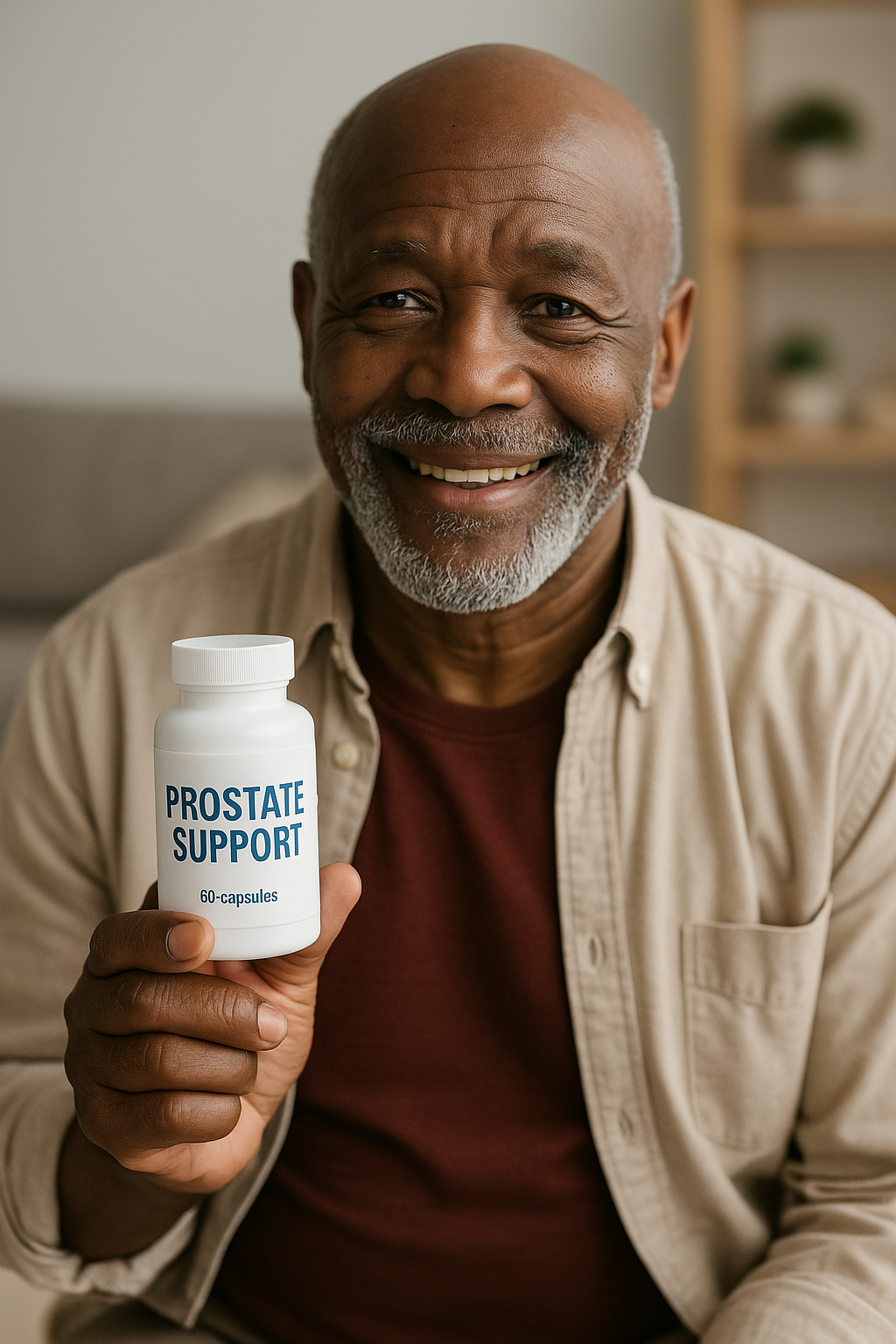
For years, losing weight has felt like running a marathon uphill — full of effort, sacrifice, and setbacks. From juice cleanses to keto trends, from gym memberships that go unused to miracle teas that never deliver, the struggle has been real.
But in 2025, a new kind of help has arrived — one that’s backed not by hype, but by science. Around the world, doctors are calling it “the strongest weight-loss drug ever developed.” For millions of people — especially Black, Caribbean, and African communities facing higher rates of diabetes and obesity — this could mark the start of a healthier chapter.
What Is This “Strongest” Weight-Loss Drug?
You’ve probably heard the names: Ozempic, Wegovy, and Mounjaro. These aren’t magic pills — they’re part of a class of medications known as GLP-1 receptor agonists.
That term sounds clinical, but here’s what it means: these drugs imitate a natural hormone in your body that helps control appetite and blood sugar. They act like a reset button for your hunger signals.
Imagine your brain has a “fullness switch.” For many people, that switch gets stuck, making it hard to stop eating even when full. GLP-1 drugs flip that switch back on — helping you feel satisfied with smaller portions and fewer cravings.
In medical studies, some patients lost up to 15–20% of their body weight, a result no diet pill has ever achieved safely. Even better, these medications also help regulate blood sugar and may reduce the risk of heart disease — a major concern for many in our community.

Why It Matters for Our Communities
Let’s get real — weight gain isn’t just about food. It’s about access, stress, and culture. Across Canada and the Caribbean diaspora, we’re living with systems that make healthy choices harder.
We love our traditional foods — the jerk chicken, oxtail, fried plantain, and macaroni pie that taste like home. But between long work hours, economic stress, and the high cost of fresh produce, maintaining a healthy diet isn’t always easy. Add limited access to fitness spaces or health services, and the numbers tell the story: Black Canadians are twice as likely to develop type 2 diabetes and more likely to struggle with obesity-related illnesses.
That’s why this breakthrough matters. GLP-1 medications aren’t just about shrinking waistlines — they’re about giving people another chance. A chance to reverse disease, reduce risk, and rebuild confidence.
When paired with education, community programs, and a balanced lifestyle, this treatment could help close health gaps that have been widening for generations.

The Truth: It’s Not a Magic Fix
Before we all rush to the pharmacy, here’s the honest truth: these medications are powerful tools, but they’re not miracle cures.
They’re prescription-only, and not everyone qualifies. Common side effects include nausea, fatigue, and upset stomach — especially during the first few weeks. And if you stop taking them suddenly, the weight can creep back unless healthy habits are in place.
Cost is another barrier: without coverage, treatment can run into hundreds of dollars a month.
So yes — these drugs can change lives, but the journey still requires guidance, discipline, and self-care.

Three Takeaways for You and Your Family
- Educate Yourself Before You Medicate
Learn what goes into your body. Ask your healthcare provider if GLP-1 drugs are safe for you, especially if you have diabetes or high blood pressure. - Start Small, Think Long-Term
Even small steps — walking after meals, reducing sugary drinks, adding vegetables — amplify the benefits of medication and protect your progress. - Let Culture Be Your Strength, Not Your Setback
Our food is heritage — it doesn’t have to be the enemy. Modify recipes, share healthy versions, and make wellness a family affair.
Final Word
The “strongest weight-loss drug” isn’t just a pharmaceutical breakthrough — it’s a symbol of possibility. It proves that science can listen, evolve, and finally meet real-world struggles with compassion.
But the real power still lies with you. Because no injection, no pill, and no promise can replace what truly drives change: self-love, community, and the decision to keep showing up for your health.
Your story isn’t written by your weight — it’s shaped by your will.















